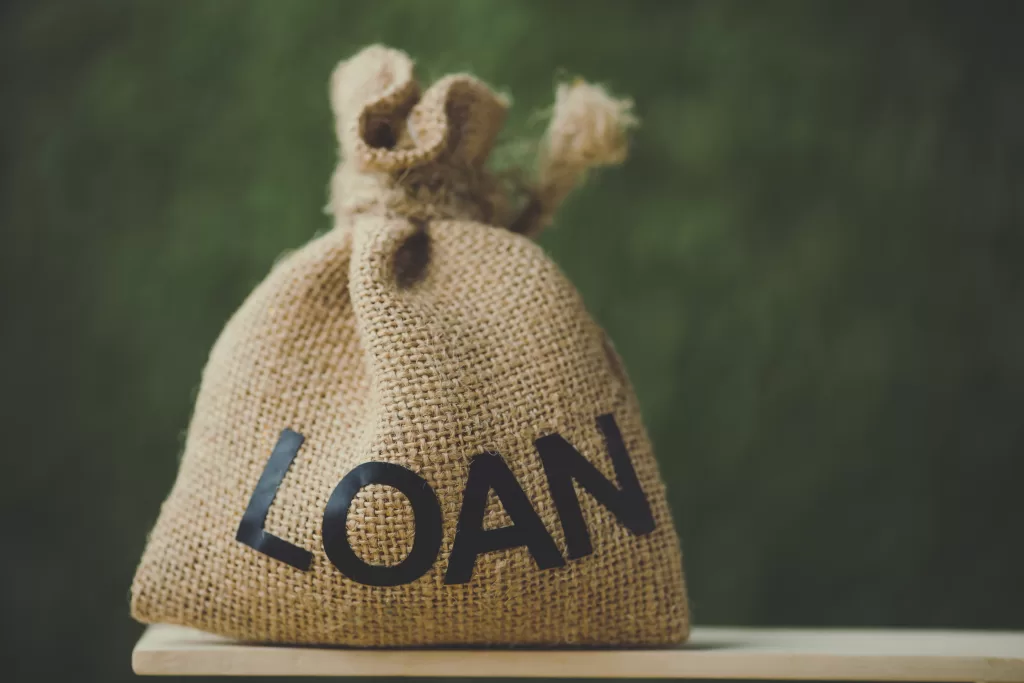Selecting a reputable and experienced lender can make the difference between a successful home purchase and a failed one. It is crucial to trust and feel comfortable with your lender.
If you are seeking a recommended lender, connect with us, and we can suggest a few reputable options.
Questions to ask when interviewing potential lenders
- What’s the best type of loan for me?
- Do I qualify for any special discounts or loan programs?
- What interest rate can you offer?
- What fees can I expect from you?
- What are my expected closing costs?
What does a lender need from me?
There are many different factors that a lender will use to calculate your pre-approval. It’s always best to be prepared, so here are a few of the documents you can begin to gather together and expect to be requested:
- Tax Returns
- W-2 Forms
- Pay Stubs
- Bank Statements
- List of Monthly Debt
Types of Mortgages
Here are five of the most common mortgages.
- Fixed-Rate Mortgage: The interest rate remains the same throughout the loan term, providing stable monthly payments.
- Adjustable Rate Mortgage: The interest rate can change periodically, leading to variable monthly payments.
- FHA Loans: Insured by the Federal Housing Administration, suitable for first-time buyers with lower down payments.
- VA Loans: Available to veterans and active-duty service members, offering competitive interest rates and no down payment.
- USDA Loans: For rural homebuyers, offering low interest and no down payment.
When going through the home-buying process there are a few things you want to avoid. To make sure you have a smooth closing, here is a checklist of things you should not do as you move through this process.
- Don’t buy a car
- Don’t buy new furniture for your home (or any large purchase)
- Don’t make any large cash deposits into your bank account
- Don’t exaggerate your income when talking to the lender
- Don’t apply for credit – avoid any hard inquiries on your credit
- Save enough money to cover your closing costs
- Don’t overextend yourself – keep your debt balances at around 30% of your credit limit or less
- Don’t co-sign for anyone on a loan or rental application
- Don’t get behind on any loans or utility payments
- Be cautious about consolidating your debt – ask your lender first
- Don’t change careers
- Don’t shift your finances around
- Don’t change your bank
- Don’t increase your credit limits
- Don’t max out your credit cards
- Don’t open any new credit card accounts
Do: Wait until you close on the purchase of your home. If you make any of these mistakes before your loan closes, it could disqualify you from the loan, and you won’t be able to close on your new home.

